This discussion begins with the creation of sound itself. Everything in nature that creates a sound creates an analog sound, which also happens to be the only kind of sound that we can hear. And don’t forget the importance of air because without air we have no sound. It is the air pressure pulses in the form of vibrations that allow our ears to hear sound.
Only in a studio using digital sound synthesis being directly recorded into a digital recorder is a digital sound actually created(but not heard). Even then you cannot actually hear it until it is converted to an analog sound and reproduced via a speaker.
In fact, the entire process of sound creation, sound transmittal through the air, and sound reception in your ear is an entirely analog process. Or is it? The human ear is a complex device and transforms analog sound waves and vibrations into electrical signals that are sent to your brain. It does this using 3 small bones and a whole bunch of little hair-like nerve endings that are each associated with certain frequencies. The brain receives these signals and works its magic so that we can hear, or should I say that we can then sense the presence of sound. So at least on one level this represents a conversion of sound from a pure analog vibration into electrical impulses or ticks.
So couldn’t the ear be considered an analog to digital converter of sorts? And couldn’t one argue that we only hear electrical impulses which are in part, digital in nature?
Maybe yes, maybe no, but you see, the debate of digital vs. analog can be argued on many levels and in many ways and the right answer may not be as clear cut as you are predisposed to believing. But if you remain open minded, I think that anyone can learn to appreciate both analog and digital representations for their strengths.
 Sign Up For Our Newsletter
Sign Up For Our Newsletter










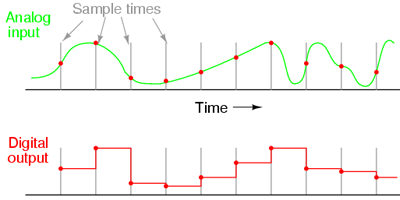
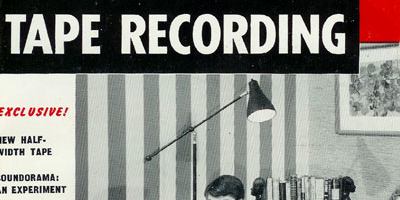

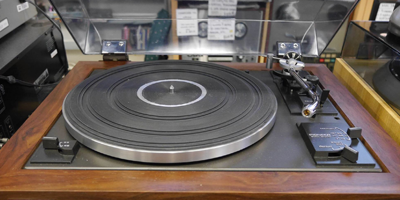

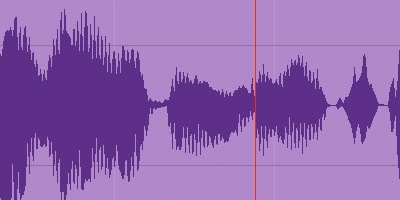
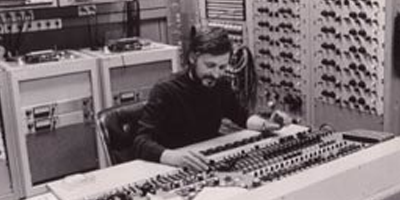
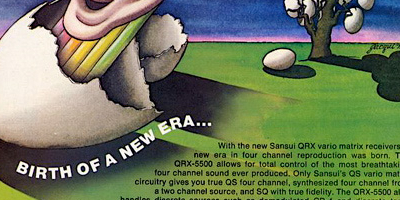
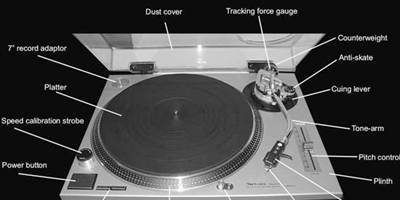
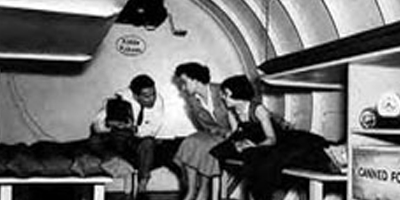

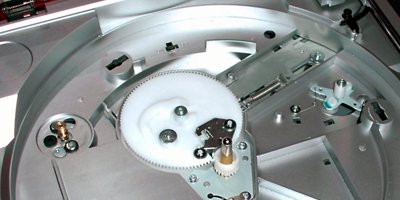

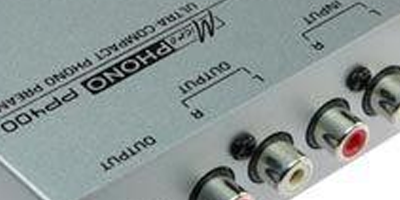

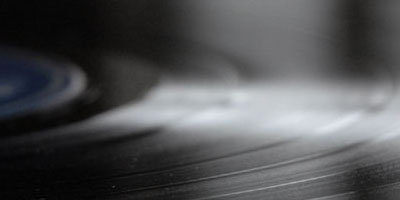
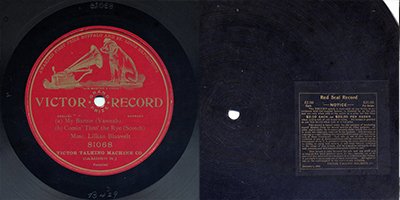



This is a very interesting site. The content is very informative and I am so glad that I dropped by. Thanks!